
Free shipping on all domestic orders.

IBS or Irritable Bowel Syndrome is a common chronic gastrointestinal disorder that makes your abdomen extremely sensitive, causing symptoms such as bloating, abdominal pain, gas, discomfort, indigestion, etc. Living with IBS is challenging as it can make it difficult for you to perform daily activities with ease. Reports suggest that globally around 5-10% suffer from IBS.
But you do not have to live an uncomfortable life with IBS. There are some tips and strategies that you can incorporate in your life to manage the symptoms of IBS.
Tips and Strategies for Managing Symptoms
Every person with IBS has a different experience, so it could take some time to figure out which techniques are most effective for you. However, with proper care, immediate medical attention, and incorporating strategies, it is possible to manage IBS well if you take a complete strategy and get help from medical experts.
“The above article is not to be used as medical advice or recommendations. Please speak with your doctor if you have any queries related to your health.”












Sign up for our newsletter and get the inside scoop on gut health and exclusive deals!
Copyright © 2024 Bene Esse Nutra Pvt Ltd | All Rights Reserved | Developed by Digiclaw Media





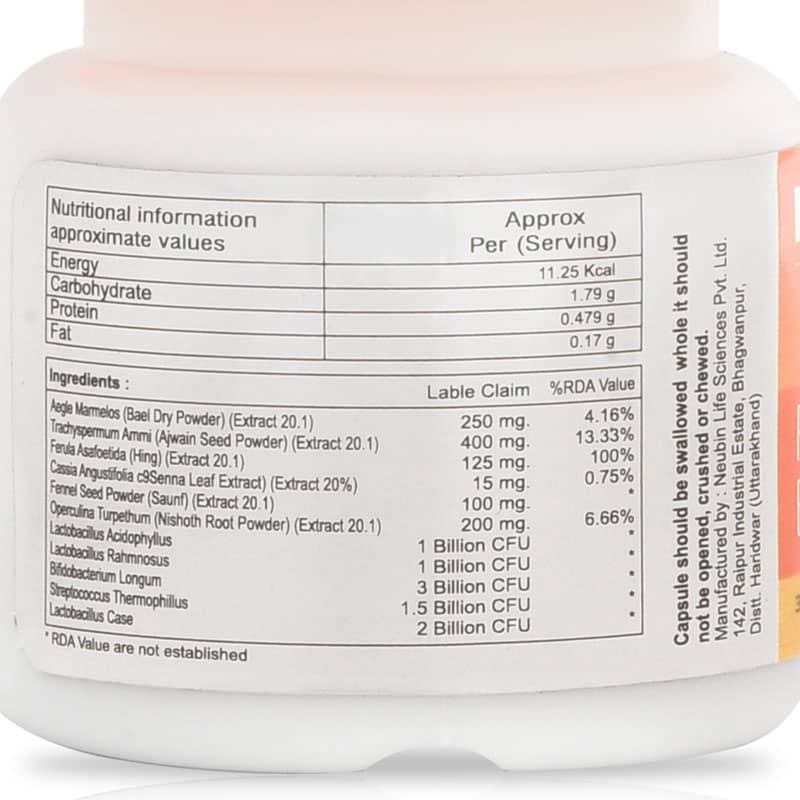
₹1,499 Including GST






₹1,499 Including GST




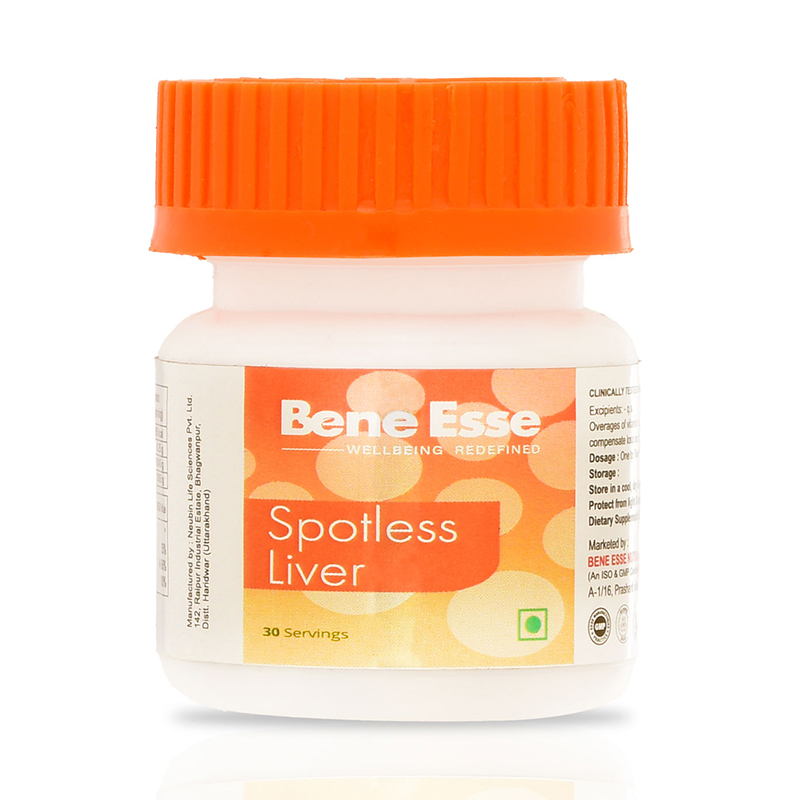
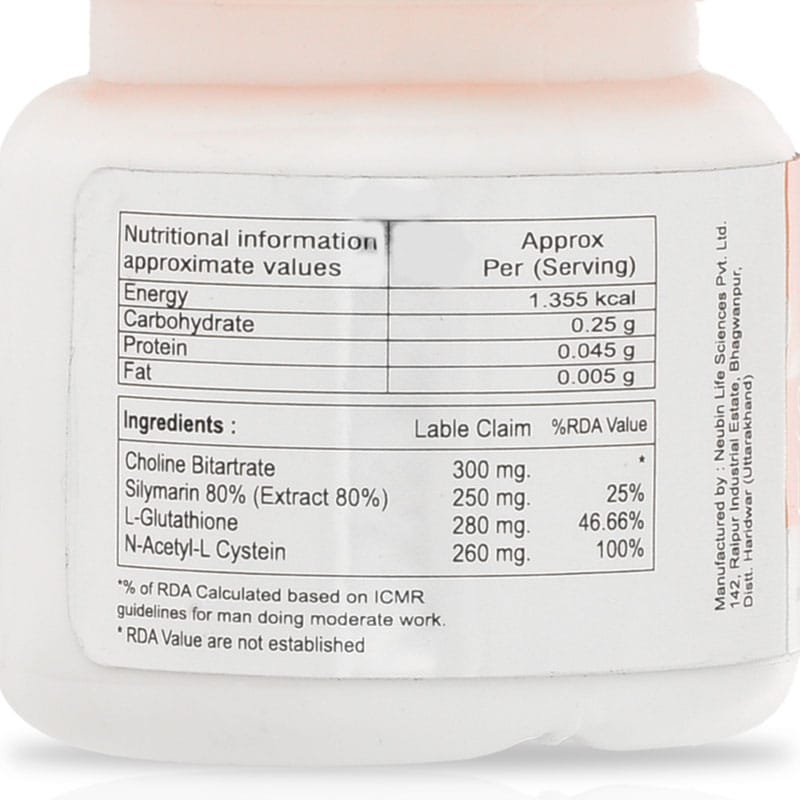
₹1,999 Including GST





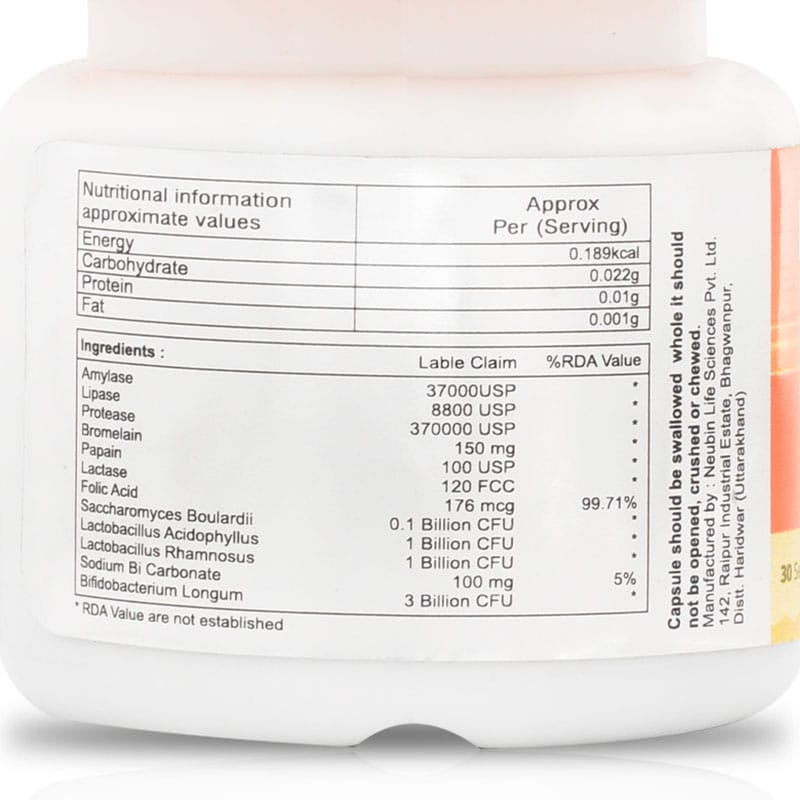
₹1,999 Including GST
Finally, feel better! Support your gut and manage IBS with IBS Gone capsules.





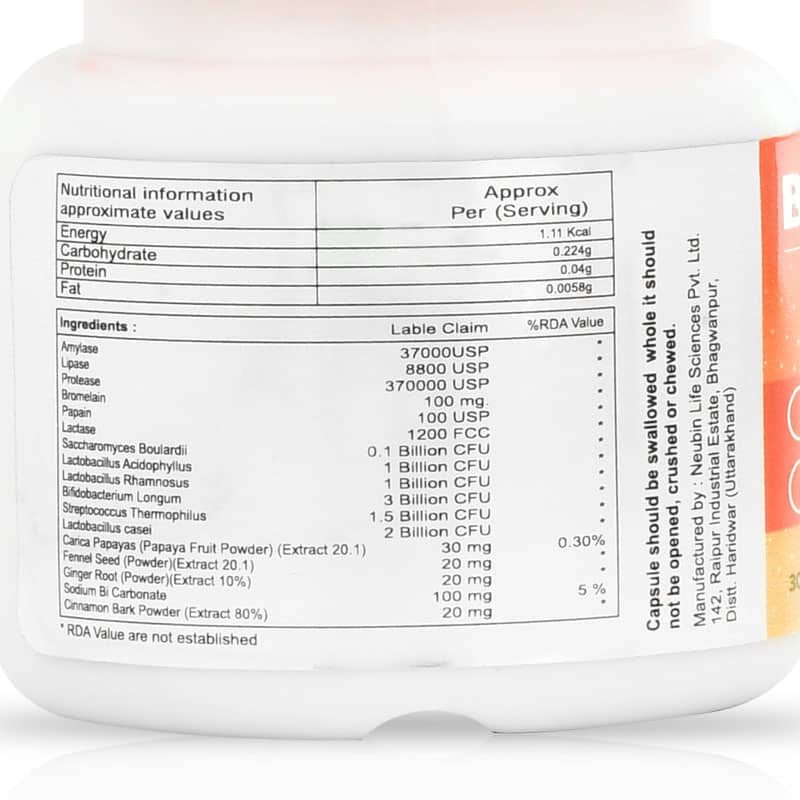
₹1,499 Including GST